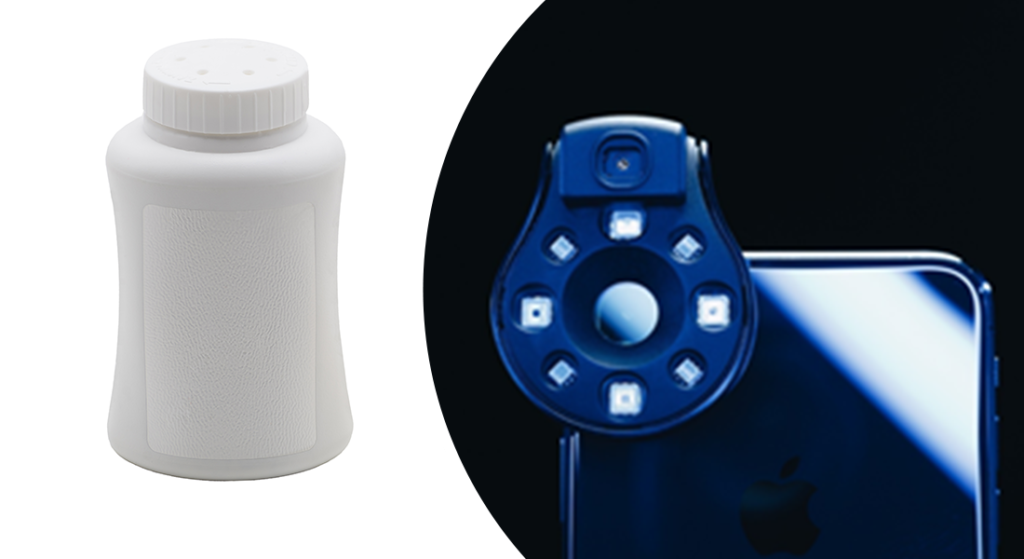In this episode, Ayesha talks about new revelations about how Johnson & Johnson funded studies in the early 1970s that involved injecting prisoners in a Pennsylvania jail, most of whom were Black, with asbestos. The company wanted to compare the effects of asbestos versus talc, one of the main ingredients in Johnson & Johnson’s baby powder, on the skin. The company says it regrets backing the human asbestos experiments but says such human testing was common back then. The editorial team discussed Johnson & Johnson’s ongoing legal battles over its baby powder and how it could have better handled the recent revelations by not having made excuses for the asbestos studies.
The editorial team also discussed a new medical imaging device from Swift Medical for digital wound care and other skin conditions. The device fits on top of the camera of a cell phone and uses advanced imaging technology to capture “beneath-the-skin” images of the skin. Swift Medical says the device was designed to make wound care accessible for all patients, regardless of skin type and at any beside or clinical location. The images can be accessed by healthcare providers through an accompanying phone app to allow for remote monitoring and care. The team discussed the significant prevalence of chronic wounds, particularly associated with chronic conditions like diabetes, and how the device offers a great means of accessing information and care right from a cell phone.
Read the full articles here:
Swift Medical Reveals New Imaging Device for Remote, Digital Wound Care
The weekly podcast is available for streaming every Wednesday on Spotify, Apple Music and wherever you stream your podcasts.
Subscribe to the Xtalks Life Science Podcast to never miss a new episode.












Join or login to leave a comment
JOIN LOGIN